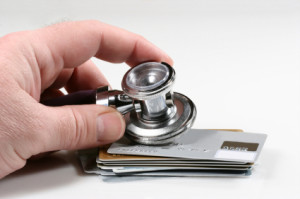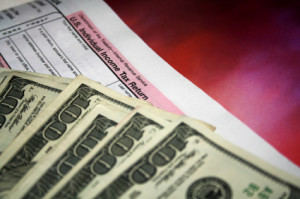Dear Liz: I regularly read about people in your column who don’t feel the need for an emergency fund, or think they only need a small one. This is one of the many issues that makes me glad that my husband takes care of the finances. We are both professionals with graduate degrees who, for different reasons, were once unemployed for three months at the same time. Because we had a healthy emergency fund, we kept up with our bills with only minimal belt-tightening. If I had been in charge we would have had to flee the country to escape our creditors! That’s an exaggeration, but you get my point.
Answer: Kudos to your husband for being prudent, and to you for cooperating with him.
For most families, growing a fat emergency fund necessarily must take a back seat to more important priorities, such as saving for retirement and paying off toxic debt, including credit cards. As soon as they’re able to add to their emergency savings, though, they should do so. The average duration of unemployment stretched over five months after the recent recession. Although you may be able to live off credit cards and lines of credit, using cash is obviously better — and having that fat emergency fund can help you sleep better at night.



